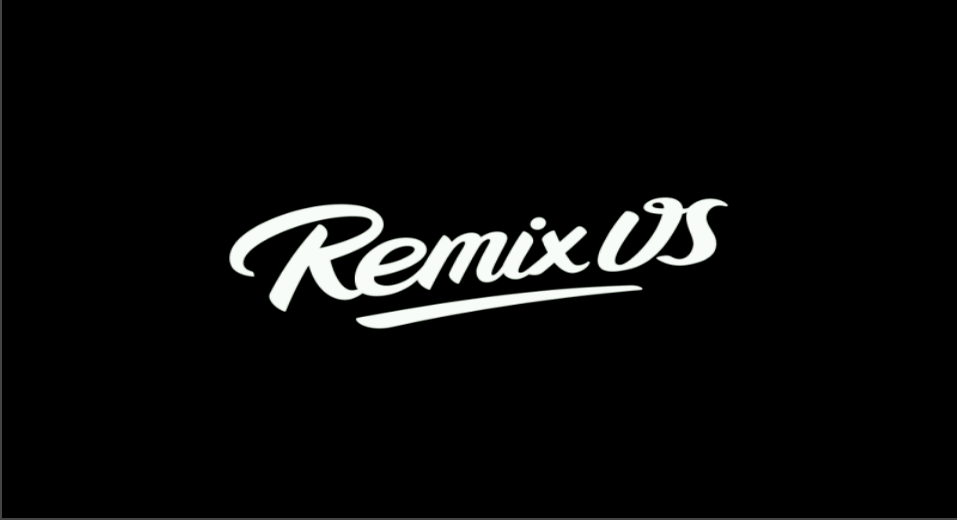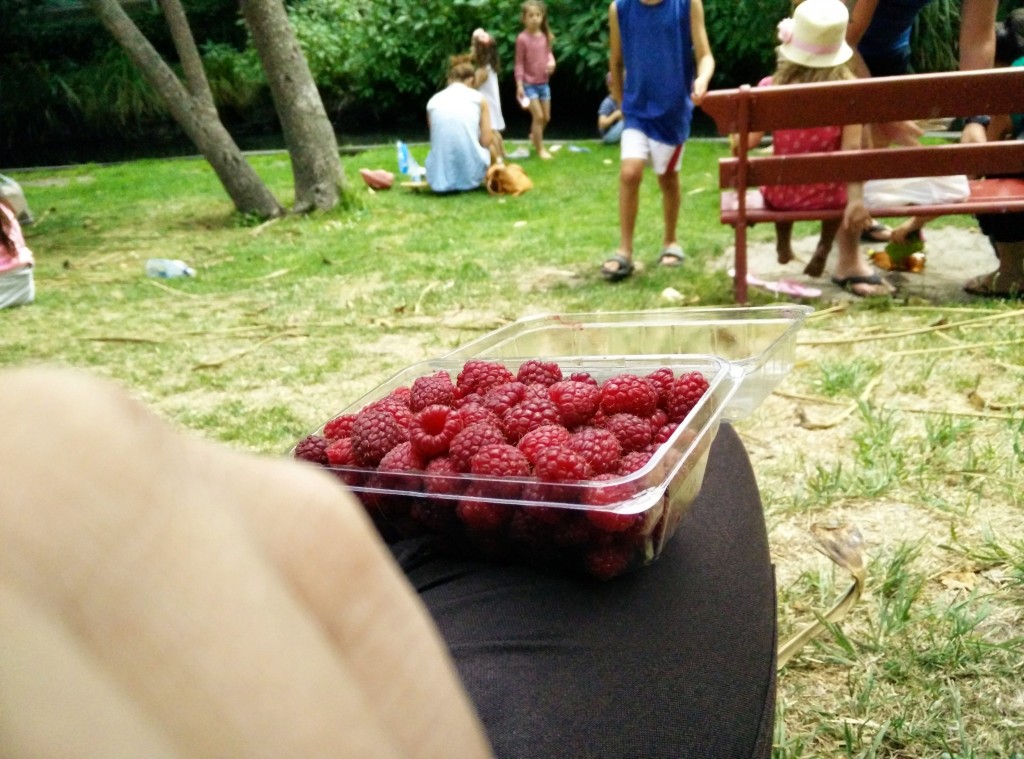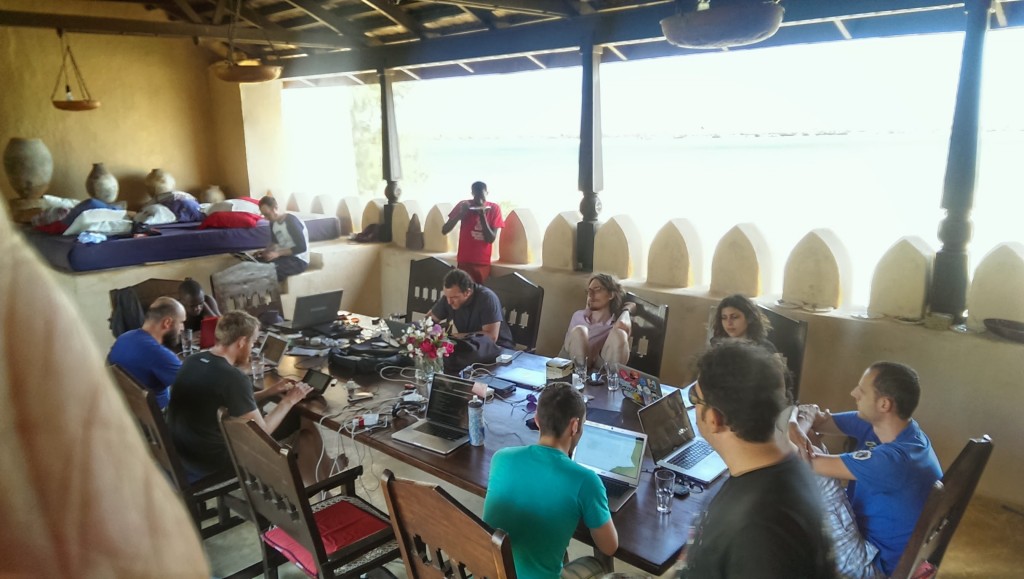Trying out RemixOS

I’ve always been one for trying out new operating systems, so when I heard news about the latest desktop-conversion effort from Jide I wanted to give it a try.
RemixOS is a proprietary offering based on the work of android-x86, which aims to bring the stock Android experience to commodity PCs. RemixOS adds on interface and convenience changes to make the operating system more usable on PC hardware. This includes UI changes such as multi-windows and a classic ‘desktop’.


